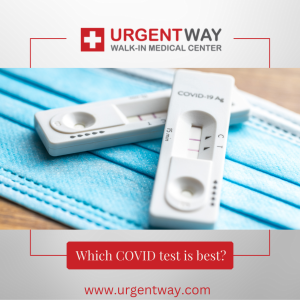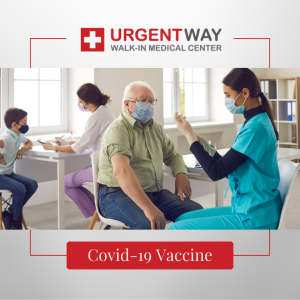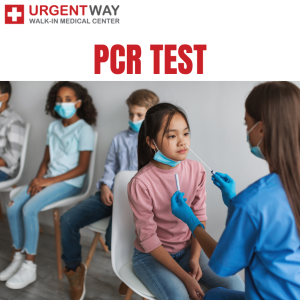Many countries and airlines now require travelers to provide proof of a negative PCR test before they can enter or board a flight. This requirement serves as a crucial tool in preventing the spread of COVID-19 across borders. By ensuring that travelers are not carrying the virus, countries can reduce the risk of importing new cases and help to protect their populations.
Finding a PCR Test Near Me:
One of the first steps in preparing for travel is finding a PCR test provider near you. Fortunately, PCR testing has become widely available in many parts of the world, with numerous options for testing sites. Here are some ways to find a PCR test near you:
- Online Search: Use search engines or specialized websites to locate nearby testing sites. Many healthcare providers, pharmacies, and testing centers offer PCR testing services.
- Government Resources: Check your local government's website for information on testing sites in your area. Many governments have set up dedicated resources to help residents find testing locations.
- Travel Requirements: If you're traveling internationally, consult the entry requirements for your destination country. They may provide information on approved testing providers or specific testing requirements.
- Healthcare Providers: Contact your healthcare provider or primary care physician to inquire about PCR testing options. They may offer testing services or be able to refer you to a nearby provider.
It's important to note that some testing sites may require appointments, while others accept walk-ins. Be sure to check the requirements and availability before visiting a testing site.
The Testing Process:
Once you've found a PCR testing site near you, it's time to undergo the testing process. Here's what you can expect:
- Pre-Test Assessment: Before administering the test, a healthcare professional may conduct a brief assessment to gather information about your symptoms, exposure history, and travel plans.
- Sample Collection: The PCR test involves collecting a sample from your nasal or throat cavity using a swab. The healthcare professional will gently insert the swab into your nostril or throat to collect the sample.
- Laboratory Analysis: After the sample is collected, it is sent to a laboratory for analysis. The PCR test detects the presence of the virus's genetic material by amplifying and analyzing specific segments of RNA.
- Results: The turnaround time for PCR test results can vary depending on the testing site and laboratory capacity. In many cases, results are available within 24 to 72 hours. Some testing sites offer expedited processing for an additional fee.
Interpreting Test Results:
Once you receive your PCR test results, it's essential to understand what they mean. A negative result indicates that the virus was not detected in your sample at the time of testing. However, it's important to remember that a negative result does not guarantee that you are not infected, especially if you were recently exposed to the virus.
If you receive a positive result, it means that the virus was detected in your sample, and you likely have COVID-19. In this case, it's important to follow the guidance of healthcare professionals and self-isolate to prevent further spread of the virus.
Travel Considerations:
When planning your trip, there are several important considerations to keep in mind regarding PCR testing:
- Timing: Many countries require travelers to take a PCR test within a specific timeframe before their departure. Be sure to check the entry requirements for your destination and schedule your test accordingly.
- Documentation: Make sure to obtain official documentation of your test results, as you may be required to present them to airlines or border authorities upon arrival.
- Cost: While some testing sites offer free or subsidized testing, others may charge a fee for PCR tests. Be sure to inquire about the cost upfront and factor it into your travel budget.
- Additional Requirements: In addition to PCR testing, some countries may have additional entry requirements, such as quarantine mandates or health declarations. Familiarize yourself with these requirements before traveling to avoid any surprises.
PCR testing has become an essential component of travel during the COVID-19 pandemic, helping to ensure the safety of travelers and communities around the world. By understanding the testing process, finding a PCR test near you, and adhering to travel requirements, you can navigate the complexities of travel with confidence. Remember to stay informed, follow public health guidelines, and prioritize safety as you embark on your journey. Safe travels!






